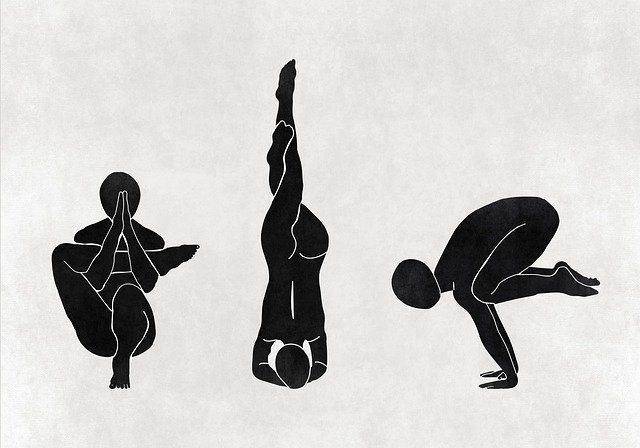Intro:
If you’re dealing with bloating, constipation, gas, or just that “heavy” feeling after meals—your digestion may need some love. The good news? You don’t need a shelf full of supplements or a complicated diet. Just a few small daily habits can transform your gut health and leave you feeling lighter, more energized, and more balanced.
1. Chew Your Food (Way More Than You Think)
Digestion starts in the mouth. Chewing your food thoroughly breaks it down mechanically and mixes it with saliva, which contains enzymes that aid digestion.
🍽 Trick: Aim to chew each bite 20–30 times. Put your fork down between bites to slow down your pace.
2. Start Meals with Bitter Foods
Bitter-tasting foods like arugula, dandelion greens, or lemon water stimulate your digestive enzymes and bile flow—helping your body digest fats and absorb nutrients better.
🌿 Simple Tip: A small salad with bitter greens or a glass of lemon water 15 minutes before a meal can do wonders.
3. Avoid Drinking Large Amounts During Meals
Drinking too much water or liquid during meals can dilute stomach acid and digestive enzymes, making it harder to break down food efficiently.
💧 Rule of Thumb: Sip small amounts during meals, but save larger glasses of water for 30 minutes before or after eating.
4. Add Fermented Foods to Your Diet
Fermented foods are rich in probiotics that support healthy gut flora. A balanced gut microbiome improves digestion, reduces bloating, and boosts immunity.
🥬 Top Picks: Sauerkraut, kimchi, kefir, plain yogurt, miso, and tempeh.
5. Move After You Eat (Gently!)
A light walk after eating improves digestion and reduces gas or bloating. It stimulates the natural movement of your digestive tract (called peristalsis).
🚶♂️ Simple Move: Walk for 10–15 minutes after your main meal of the day—no need for anything intense.
6. Stay Consistent with Meal Timing
Your gut loves routine. Eating meals around the same time every day helps regulate digestive hormone production and improves motility (aka smooth food movement through your system).
⏰ Try This: Aim for 3 main meals at consistent times and avoid late-night snacking.
7. Manage Stress—It’s a Digestive Disruptor
Stress shifts your body into “fight or flight” mode, which slows digestion and can cause cramping, bloating, and indigestion.
🧘 Quick De-Stress Tools: Deep breathing, 5-minute mindfulness breaks, or even short walks in nature can reset your nervous system.
8. Eat More Fiber—But Do It Gradually
Fiber feeds the good bacteria in your gut and helps keep things moving smoothly. But adding too much too fast can cause gas and discomfort.
🥕 Best Fiber Sources: Oats, chia seeds, lentils, beans, berries, flaxseeds, leafy greens.
⚠️ Important: Increase your fiber slowly and drink plenty of water alongside it.
Conclusion:
Better digestion doesn’t require a drastic diet overhaul—it starts with mindful, daily habits. When your gut is happy, you feel lighter, more energetic, and more focused. Try adding just one or two of these tricks this week and notice how your body responds. Your gut will thank you.
